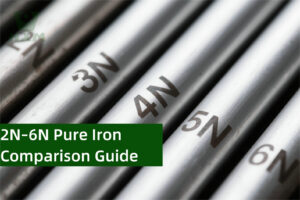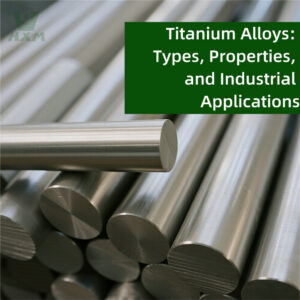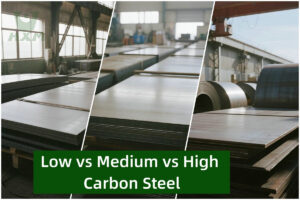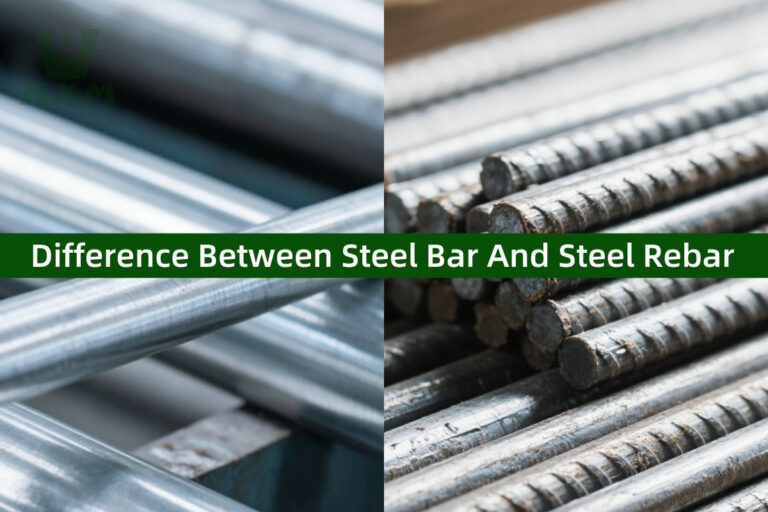
In construction and manufacturing, the terms steel bar and steel rebar are often confused. At first glance, both are long steel products shaped in bar form. However, they are different in design, purpose, standards, and applications. Understanding these differences is crucial for engineers, contractors, and buyers who want to select the right material for their projects.
As a global steel supplier, Huaxiao-Alloy explains the clear distinction between steel bar and steel rebar, helping you make informed decisions.
1. What Is a Steel Bar? - Difference Between Steel Bar And Steel Rebar
A steel bar is a solid, uniform piece of steel with a smooth surface. It comes in various shapes and sizes and is produced from carbon steel, alloy steel, or stainless steel.
Common Types of Steel Bars
Round Bar: Shafts, fasteners, pins
Square Bar: Machinery, structural use
Flat Bar: Frames, shipbuilding, bridges
Hexagonal Bar: Toolmaking, mechanical parts
Stainless Steel Bar: Corrosion-resistant, used in food, chemical, and medical industries
Key Characteristics
Smooth or polished surface
High mechanical strength
Machinable and weldable
Available in multiple shapes and alloys
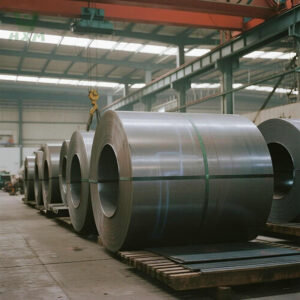
Huaxiao-Alloy is a trusted global supplier of high carbon steel in multiple grades and forms. Explore its physical & mechanical properties, benefits, applications, and standards.
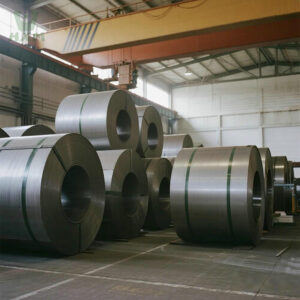
Huaxiao-Alloy supplies premium medium carbon steel in multiple grades, forms, and standards. Learn its mechanical properties, benefits, applications, and how it compares to other steels.
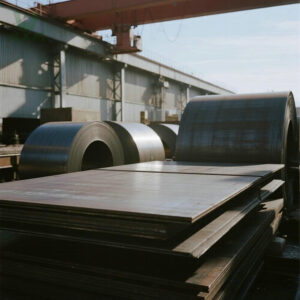
Huaxiao-Alloy supplies premium low carbon steel in multiple grades, forms, and standards. Discover its properties, advantages, applications, and why it’s a preferred choice for automotive, construction, and manufacturing.
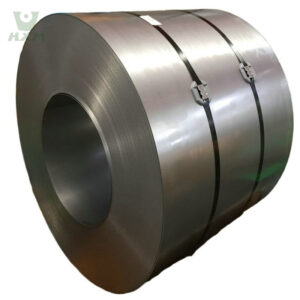
Interstitial Free Steel (IF Steel)
Huaxiao-Alloy is a trusted supplier of high-quality Interstitial Free Steel (IF) in various grades, forms, and standards. Discover its properties, advantages, applications, and why IF steel is a preferred choice in automotive, appliance, and deep-drawing industries.
2. What Is a Steel Rebar? - Difference Between Steel Bar And Steel Rebar
Rebar (short for reinforcing bar) is a type of steel bar designed specifically to reinforce concrete. Concrete is strong in compression but weak in tension, so rebar provides the necessary tensile strength.
Characteristics of Rebar
Deformed surface with ribs or lugs for better bonding with concrete
Primarily made from carbon steel (sometimes coated or stainless steel)
Supplied in round form, usually long lengths or coils
Common Types of Rebar
Plain Mild Steel Rebar (MS Rebar): Smooth, used in simple construction
Deformed Rebar: Ribbed, standard in reinforced concrete
Epoxy-Coated / Galvanized Rebar: Corrosion-resistant for marine use
Stainless Steel Rebar: High durability, ideal for critical infrastructure
3. Steel Bar vs Steel Rebar: Key Differences
| Category | Steel Bar | Steel Rebar |
|---|---|---|
| Surface | Smooth or polished | Ribbed or deformed |
| Material | Carbon, alloy, or stainless steel | Mainly carbon steel (coated or stainless optional) |
| Shapes | Round, flat, square, hexagonal | Typically round with ribs |
| Primary Role | Mechanical parts, fabrication, general engineering | Tensile reinforcement in concrete |
| Strength Focus | Machining, load-bearing, wear resistance | Concrete bonding and tensile strength |
| Industry Standards | ASTM A36, AISI, DIN, JIS, GB | ASTM A615, BS 4449, JIS G3112, GB/T 1499 |
| Applications | Machinery, shipbuilding, automotive, aerospace | Bridges, buildings, highways, dams, tunnels |
4. Applications in Industry - Difference Between Steel Bar And Steel Rebar
Applications of Steel Bars
Machinery & Engineering: Shafts, gears, fasteners
Automotive & Aerospace: Engine and structural components
Shipbuilding & Construction: Frames, plates, fittings
Corrosion-Resistant Use: Stainless steel bars in chemical plants and food processing
Applications of Rebars
Civil Construction: Reinforced concrete in skyscrapers, bridges, and highways
Infrastructure Projects: Dams, tunnels, ports, nuclear plants
Marine Structures: Epoxy-coated rebars in seawater environments
Long-Life Projects: Stainless steel rebars in high-performance structures
5. Which One Should You Choose? - Difference Between Steel Bar And Steel Rebar
Choose steel bars if you need machinable, strong, and versatile steel for mechanical or structural components.
Choose steel rebar if your project involves reinforced concrete that requires tensile strength and bonding capability.
In summary:
Steel Bar = Engineering and Manufacturing Applications
Steel Rebar = Construction and Civil Engineering Applications
6. Why Buy from Huaxiao-Alloy?
Comprehensive Product Range: Carbon, alloy, stainless steel bars, and all rebar types
Strict Quality Standards: ASTM, DIN, JIS, GB compliance
Customization Available: Cut-to-length, machining, surface finish
Global Supply: Trusted by clients in Europe, the U.S., and Asia
Competitive Pricing: Reliable steel supply with fast delivery
No. Steel bars have smooth surfaces that do not bond well with concrete. Rebars are designed with ribs for structural reinforcement.
Mostly yes, but stainless steel rebars are available for high-performance, corrosion-resistant structures.
Both are strong, but their functions differ: steel bars provide mechanical strength, while rebars provide tensile reinforcement in concrete.
Rebars are typically manufactured under ASTM A615, BS 4449, JIS G3112, GB/T 1499.
Yes. We supply both steel bars and rebars worldwide with full certifications.

